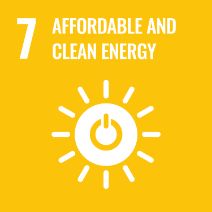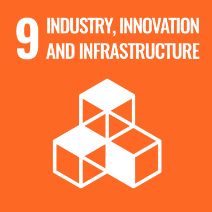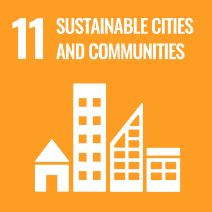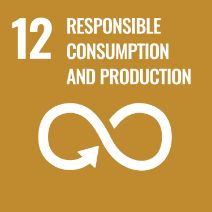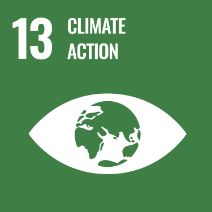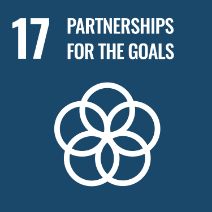
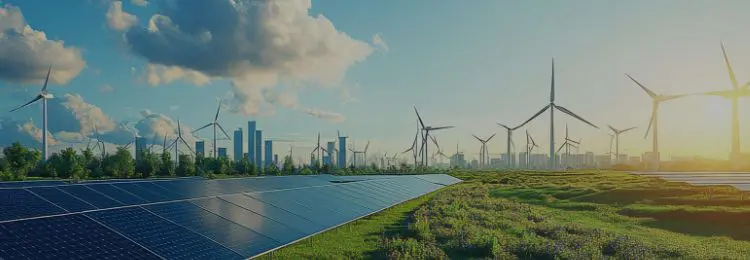
Providing energy solutions
for a decarbonized society
About one-third of CO2 emissions in Japan come from electrical energy. To achieve “decarbonization,” which is emphasized as a climate change mitigation measure, it is necessary to promote energy conservation and renewable energy adoption. We will support companies in implementing energy conservation and renewable energy adoption while contributing to the realization of a decarbonized society, and provide solutions that solve multiple challenges including energy costs and BCP.
Supporting our customers’
transition to
renewable energy
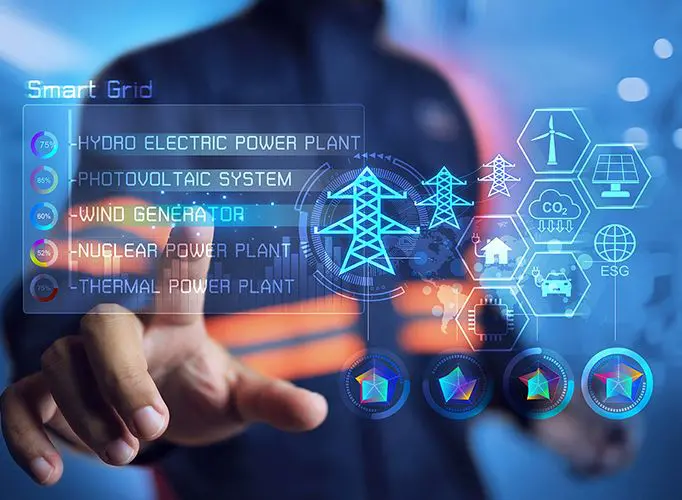
Off-site PPA (Physical)
Off-site PPA (Physical), where power users and power generators [*1] contract for power trading, is gaining attention as a mechanism for companies to secure renewable energy (RE) long-term and stabilize electricity unit prices. For renewable energy power generators, this provides stable long-term revenue prospects and facilitates equipment investment. It is called “renewable energy with additionality” as it promotes the construction of new renewable energy power facilities
ENERES began providing off-site PPA (Physical) services from fiscal 2023. For electricity shortages in off-site PPA, it is possible to supply effectively renewable energy from ENERES Power Marketing, ENERES Group’s retail electricity provider. This service supports corporate decarbonization while contributing to renewable energy expansion.
[*1] In Japan, contracts must be formed between three parties: power users, power generators, and retail electricity providers.
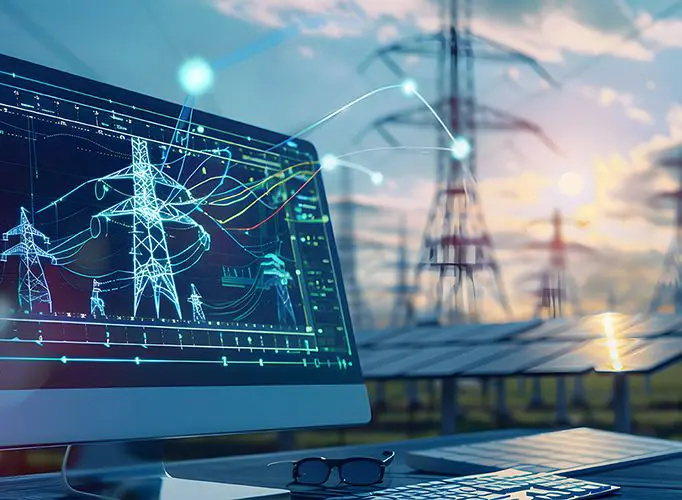
Self-wheeling Support Service
“Self-wheeling” is when companies transmit power from their remotely owned power generation facilities to their own facilities through general transmission and distribution operators’ power transmission and distribution networks. This mechanism enables companies to generate their own renewable energy using remote land even when there is no space within their electricity-using facilities, and consume it at their own facilities. However, there are strict regulations for using transmission and distribution networks, and it is not easy to handle all daily operations. Therefore, ENERES launched the “Self-wheeling Support Service” in April 2023 to support companies’ self-wheeling operations behind the scenes.
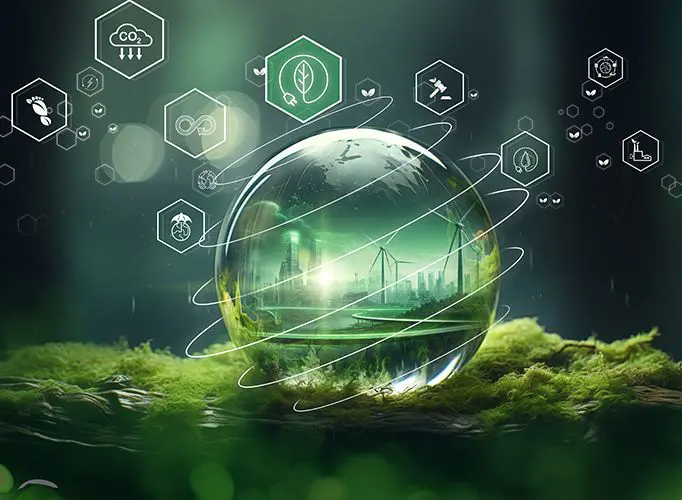
Started selling effectively 100% renewable energy power plans
The “Power Source-Linked Renewable Energy Plan” for high voltage and extra-high voltage customers, which began in April 2023, supplies effectively 100% renewable energy power by granting non-fossil certificates [*2]. This is electricity with adjusted emission factor of zero that complies with RE100 [*3], CDP, and SBT [*4] criteria.
[*2] We grant either non-FIT non-fossil certificates (renewable energy-derived) or FIT non-fossil certificates. Both are non-fossil certificates with tracking.
[*3] RE100 (Renewable Energy 100%) is a project launched in 2014 by the international environmental NGO “The Climate Group,” where member companies declare and work toward powering all business operations with renewable energy.
[*4] SBT (Science Based Target) refers to greenhouse gas emission reduction targets set by companies that align with the levels required by the Paris Agreement.
Supporting
Renewable Energy
Expansion in Society
Started selling effectively 100% renewable energy power plans
For stable power supply, power generators need to submit generation plans to the management organization daily. This is the same for renewable energy (RE) generators who are affected by weather conditions [5], but currently few operators have this expertise. Therefore, ENERES proposed the necessity of “renewable energy aggregation” which predicts renewable energy generation amounts, creates generation plans, and adjusts to achieve planned generation amounts, and began developing “renewable energy aggregation technology” from 2020. While advancing development with AI technology integration, we began commercialization of our “Renewable Energy Aggregation Service” from 2022. We are contributing to making renewable energy the main power source by supporting the operation of many renewable energy power plants, including au Renewable Energy (auRE)’s solar power plant that began commercial operation in December 2023.
[*5] FIT power generators are exempt from this obligation.
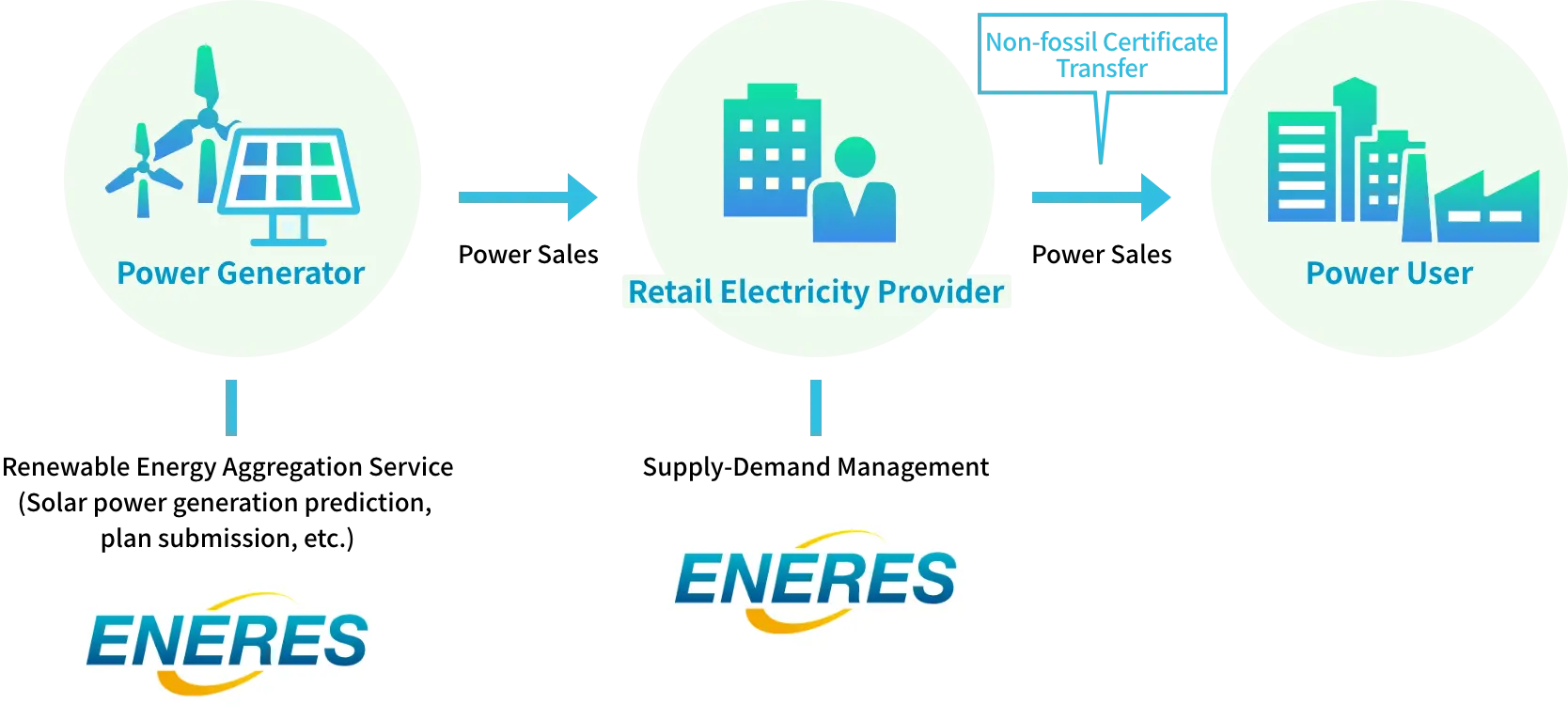

Participating in the Capacity Market with Our Customers
The “capacity market,” which aims to secure power supply capacity four years in advance, was established in fiscal 2020 and actual trading began in fiscal 2024. While most power sources traded here are large-scale power plants such as thermal power plants, small-scale power sources like storage batteries and private power generators can also be traded in the capacity market through businesses called “aggregators” [*6].
This not only enables effective utilization of facilities that were previously used only for oneself to contribute to resolving power supply-demand tightness but also allows small-scale power generators to earn compensation.
As an aggregator, ENERES supports companies owning small-scale power sources such as storage batteries, private power generators, and electric vehicles (EVs), contributing to the provision of “supply capacity” essential for balancing “renewable energy expansion” and “stable electricity supply.”
[*6] This is traded in the capacity market under the framework called “instruction-based power source.”

Participating in GX League

The “GX (Green Transformation) League” was established to achieve a society that balances economic growth and environmental protection toward achieving carbon neutrality by 2050. It is a platform where industry, government, and academia come together to discuss and implement necessary practices for creating new markets. ENERES agreed with the basic concept of the GX League in March 2022 and officially joined in May 2023. ENERES, which has collaborated with many companies aiming to develop energy solutions contributing to carbon neutrality and build energy supply chains, will further expand partnerships through participation in the GX League and promote cross-sector innovation.

